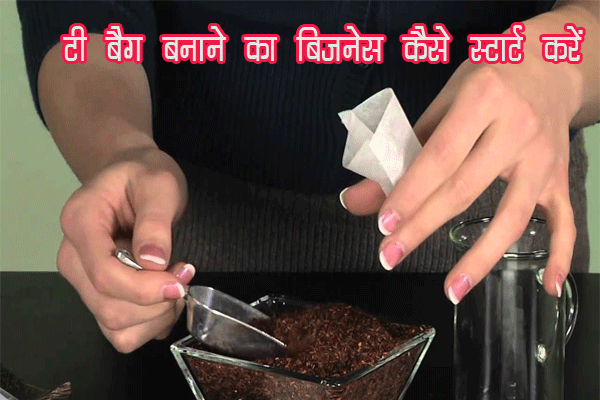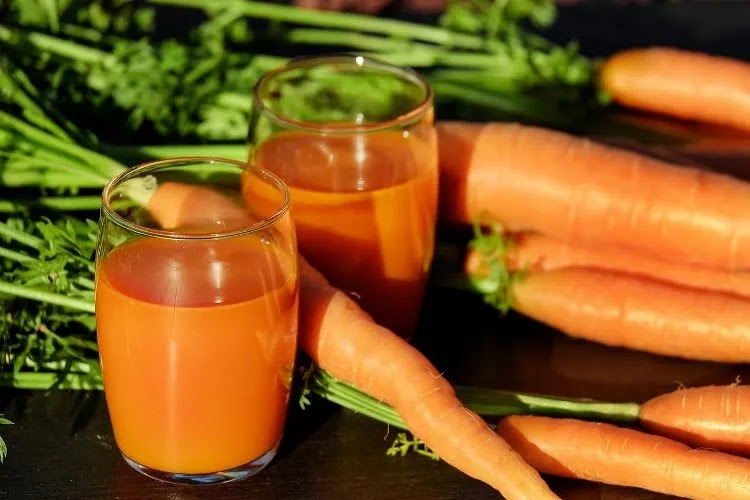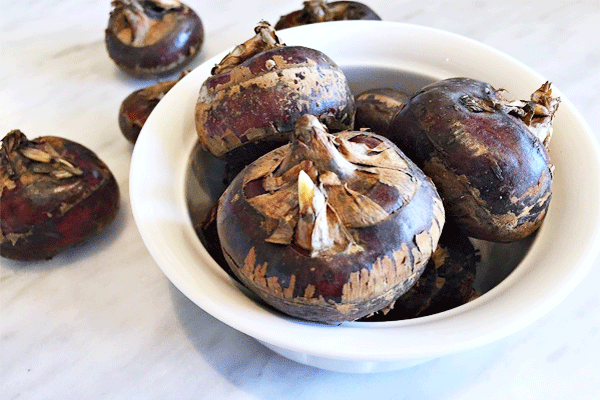Health Benefits of Tapioca:Tapioca, also known as cassava, is a starch made from the root of the cassava plant and is primarily consumed in tapioca pudding or tapioca flour. It can be eaten in many forms, including boba tea, ice cream, and even cookie dough. Learn more about the health benefits and uses of this popular food staple today!
Tapioca is a type of starch extracted from the cassava root. It is used in many foods, such as puddings and desserts, but it’s most well-known for its use in making tapioca pudding. Tapioca is a starchy, translucent, white, or brownish-white cereal made from cassava roots. It has a slightly sweet flavor, which can be flavored with sugar, honey for a sweeter taste, or fruit purees.
Health Benefits of Tapioca:
Tapioca is almost pure starch, is mainly made of carbohydrates, and contains very little protein, fiber, and fat. It contains low amounts of nutrients. But it has a high amount of calcium, folate, manganese, and iron. 28 grams of tapioca contains 100 calories. Tapioca also contains iron, an essential mineral we need to help transport oxygen throughout the body.
Calories: 358
Fat: 0.02g
Sodium: 1mg
Carbs: 88.7g
Fiber: 0.9g
Sugars: 3.35g
Protein: 0.2g
Benefits of Tapioca Fiber:
Tapioca is a healthy, low-fat staple food with no cholesterol and no saturated fat. According to experts, tapioca is one of the best foods you can eat for heart health. It has been found that people who consume more fiber tend to have a lower risk of cardiovascular disease. One study concluded that reducing saturated fat intake may be linked to significant reductions in cardiovascular risk.
Weight gain:
Tapioca pearls are a type of starch that has been boiled and shaped into pearly-white spheres. They can be eaten as a meal or included as a part of various other dishes. Eating tapioca pearls helps one gain weight because they provide 544 calories and 135 grams of carbohydrates. In addition to being a calorie-dense food, tapioca is readily digested and is easily absorbed in the intestines.
Tapioca pudding is low in fat, high in carbohydrates, and contains no cholesterol. This makes it a great snack to help people lose weight without increasing their risk of adverse effects from consuming too much fat and cholesterol.
Digestive Health:
Gluten is a protein found in some foods that people with celiac disease can’t tolerate. There are not many gluten-free flour alternatives, but one is tapioca starch. This gluten-free substitute for wheat flour has a light texture and a mild sweet flavor. It’s also easy to digest, so it’s a good option for people with irritable bowel syndrome and other digestive issues.
Tapioca starch is made from the cassava root, which is also low in carbs and gluten-free. It’s an easy-to-digest flour typically found in Asian cuisines, so it’s a great swap for people with Irritable Bowel Syndrome.
Reduce Inflammation and Improve Gastrointestinal Health:
Tapioca is a great replacement for bread and other carbohydrates. It has a large amount of resistant starch that’s proven to increase immune system function and reduce inflammation in the body. It also serves as a prebiotic fiber that nourishes the good bacteria in the gut by feeding them these prebiotics.
Reduces the risk of heart problems:
There are many benefits of tapioca and its consumption concerning heart risk reduction. One of the most significant benefits is that it helps to reduce blood pressure levels and prevents the occurrence of strokes and heart attacks. This benefit is a huge reason why people in Asian countries consume tapioca so often, as their diet rarely includes any other types of potatoes.
Prevents Birth Defect:
Tapioca is a staple food in Brazil, where it is often served during pregnancy. The vitamin B complex and folate found in tapioca can help prevent neural tube defects in infants. This means that the more your unborn baby eats, the better his or her chances of having a healthy child.
Great mood booster:
Tapioca is the starch extracted from the root of the cassava plant. It is a naturally gluten-free, low-glycemic index food rich in carbohydrates which some studies link with increased serotonin production in the human body. Serotonin is a neurotransmitter that contributes largely to wellbeing and happiness by stimulating the feel-good hormones. By doing this, you will stop worrying and feel better, too. Anxiety and depression may go away for that moment.
Supports Bone Health:
It is a plant rich in nutrients and minerals, such as calcium, magnesium, phosphorus, magnesium, and iron. It also has a low glycemic index meaning it doesn’t spike blood sugar levels while still being nutritious.
If you have a low iron or calcium level, tapioca might be good food for you. It is rich in copper and zinc, which are both important for bone formation and calcium absorption.
Increases Blood Circulation:
The causes for low blood circulation vary from person to person. Some of the most common causes include a poor diet, high cholesterol, smoking, and obesity. There are many methods to improve your body’s circulation system, including exercise and healthy living.
Tapioca is one of the richest sources of iron, an essential mineral that promotes adequate transportation of blood throughout the body. The high content of iron contained in tapioca also makes it an effective remedy for combating anemia.










